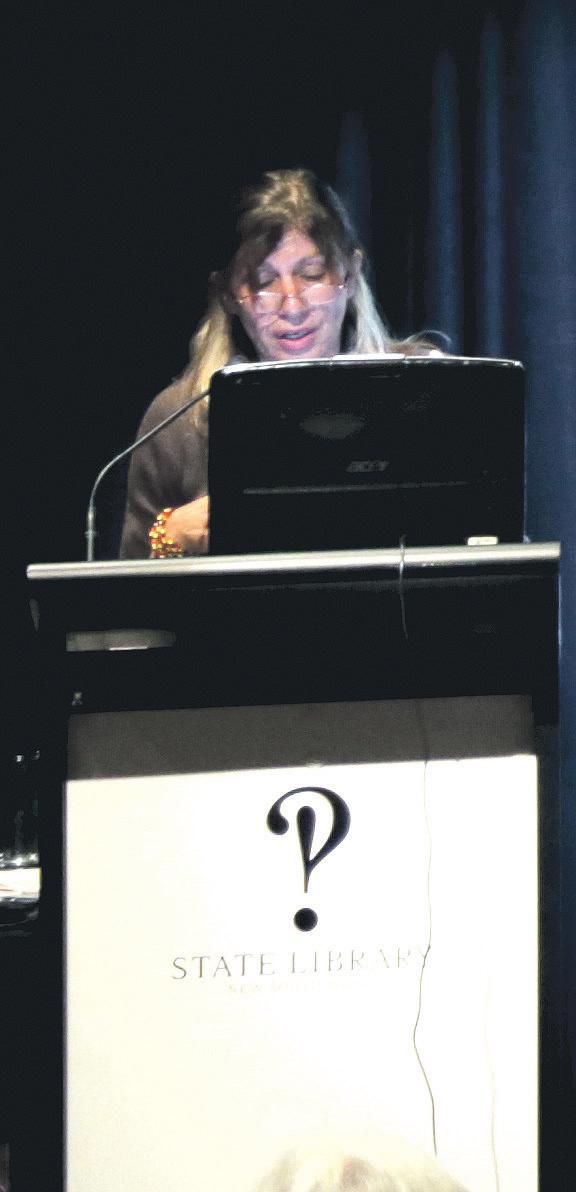
1 minute read
Literature of anguish
from 2012-09 Sydney (2)
by Indian Link
BY USHA RAMANUJAM ARVIND
So if you see someone like me
Who’s drunk and loud and cursing
Don’t judge too hard, you never know What sorrows we are nursing. (little bit, long time, Ali Cobby Eckerman’s collected poems)
For many Hindus, words like ‘Shudra’, ‘Pariah’, ‘Domba’, ‘Asprushya’ or ‘Panchama’ (the list goes on) instantly bring up unforgiving memories of a bitter chapter in history that is best forgotten or better still, wished away.
Quite literally meaning ‘outcaste’, the words refer to the lowest caste in the ancient Varna system. Dictating social position, it speaks of many centuries of injustice, oppression and brutal discrimination. Since the days of breakaway movements like Buddhism, Jainism and more recently the Brahmo, Arya Samaj and Ramakrishna movements, an honest and sincere attempt has been made to right the wrongs and to compensate this much-maligned community. And thankfully, more enlightened members of the ‘forward’ caste have championed these emancipation efforts.
While the Indian Constitution officially calls them ‘scheduled castes’, the names coined by Phule and Gandhi – Dalit (crushed) or Harijan (God’s people) are the preferred terms these days. Many an initiative has also been taken towards ‘positive discrimination’.
Accounting for almost a quarter of India’s population, a number of Dalits have held influential positions. Since the sixties, Dalit literature is a thriving phenomenon that has recently forayed into new markets in India and elsewhere. From the ‘obligatory Dalit’ (as Girish Karnad so powerfully put it) of mainstream movies and literature, they are now real personae with strong voices and uplifting stories.
Two of their influential writers Sharankumar Limbale and Gogu Shyamala spoke passionately about the impact of literature in changing attitudes, not only of Dalits but other caste members as well.
Limbale and Shyamala were among the panellists at the opening session of the Australia










